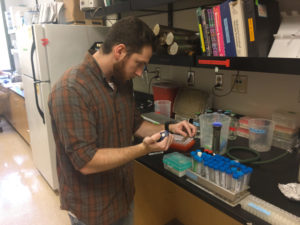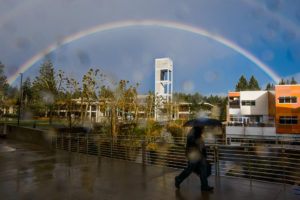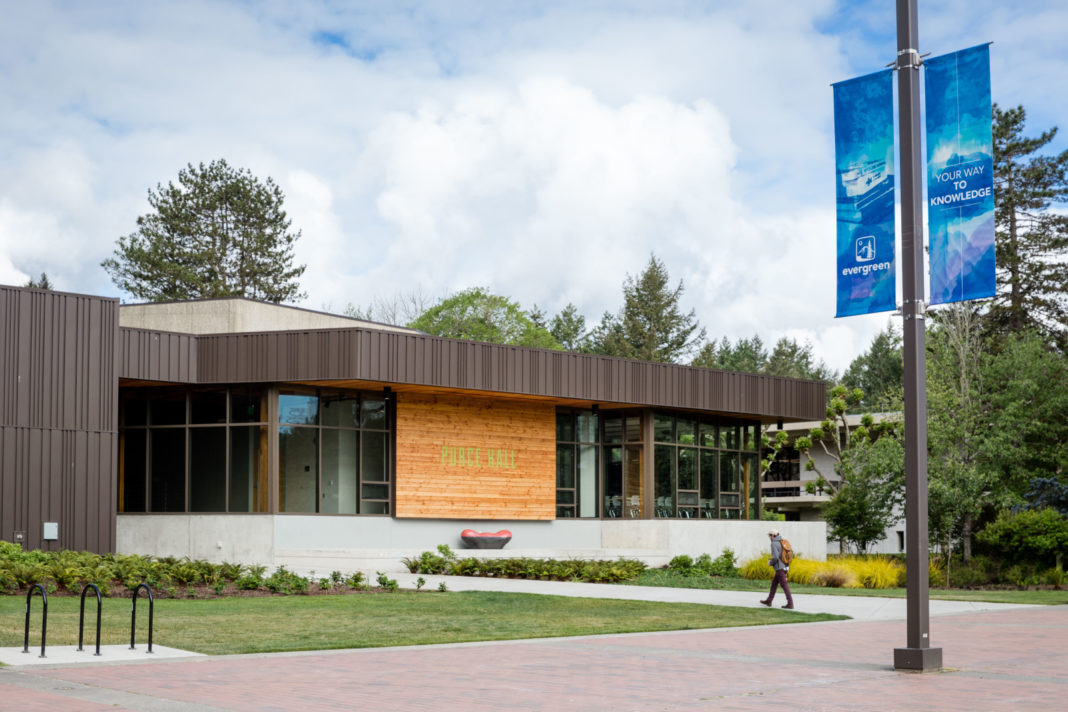Have you considered transferring colleges? Maybe you have some college credits or even an associates degree that you’d like to turn into a bachelor’s. Wade Arave, director of admissions for The Evergreen State College, has a few tips to help you get the most out of your college transfer.
Start Planning Early

Check to see if the school you are transferring to offers a preliminary credit evaluation. Some schools will accept more transfer credits than others and you may wish to weigh your options based on what each school will offer. Some schools, like Evergreen, will take a look at your credits before you apply, which can save you time and money in application fees while you narrow your choices down.
Meet with an academic advisor earlier than later to make sure you understand the pathway to graduation, says Arave. Having a clear understanding of what courses you need will help you focus your plan when it comes time to register. Advisors can also alert you to other learning opportunities that you might not know about.
Get your FAFSA in order. Make sure to transfer your FAFSA to your new school. Also, make sure it is transferred for the correct school year. Oftentimes, when you transfer schools and need to update or fill out a new FAFSA, you are directed to the FAFSA for the next school year, but if you plan to transfer in the middle of a school year, you have to specifically select that option. Getting your FAFSA filled out and transferred early will make it possible for the financial services section of your new school to determine what kinds of aid will be available to you.
Make the Most of Your Credits

“If you are close to getting your associate’s degree, get it, then transfer,” says Arave. An associates degree is a lot more transferable and will help you make the most of the work you have already done. If you try to transfer before you complete your associates degree, you may find yourself repeating classes you have already taken, wasting time and money that could better be spent elsewhere.
If you are a Running Start student with an associate degree, you might enter as a first-year. At Evergreen, Running Start students enter as a first-year student, but you would still receive all the credits you’ve already earned. As long as you don’t take a break between, sometimes known as a gap year, entering as a first-year will make you more eligible for certain types of aid and other benefits.
Students with prior military service should speak with an admissions counselor to see if their military service will transfer as credit. Many of the learning and skills attained in the military can benefit your education.
Finally, see what your vocational degree is worth. “At Evergreen we recognize the value of vocational degrees,” says Arave. Evergreen offers something that is commonly called an upside-down degree. Traditional four-year degrees begin with very general learning, in math, science, language, history, and social sciences. Then, as a student begins to focus on their particular course of study, the learning becomes more specialized and in-depth. Vocational degrees are made up of very deep, specialized courses, so with an upside-down degree, the student takes that specialized learning and adds more general skills, rounding out their education. “If you’ve got the depth already, you can come to Evergreen and get the breadth,” adds Arave.
Keep Your Options Open

Once you’ve started at your new transfer school, there are a few more things to keep in mind. “Be open to career categories,” says Arave, “Higher education allows exploring and learning in many different areas.” Over time, the job market may change, and being flexible in your learning while still focusing on an area that interests you will help you prepare for unexpected changes in the job sector. It will also open you up to new opportunities that you never expected to interest you.
Along that same vein, keep abreast of internship opportunities. Internships can provide a wealth of skills that supplement classroom learning. Keep a good line of communication open with your advisor, and they can let you know when interesting internships become available. Evergreen also offers the Center for Community-Based Learning and Action (CCBLA), which is a great resource for unique service-oriented internship and volunteer opportunities.
Finally, don’t overlook evening, weekend or online classes. Even if you are a traditional student, evening, weekend and online classes can be an opportunity for course offerings that aren’t available during the day. Furthermore, you might find yourself collaborating with different students and faculty than you do during day classes, opening up opportunities for new learning and diverse perspectives.
Transferring to a different college can open up new opportunities for learning. Proper planning will help make your transition to a new college or university a smooth one.
If you are interested in transferring to The Evergreen State College, give their admissions office a call at 360-867-6170, or visit the Evergreen website to look at some class listings and learning opportunities available to you.
The Evergreen State College
2700 Evergreen Parkway NW, Olympia
Sponsored

















































